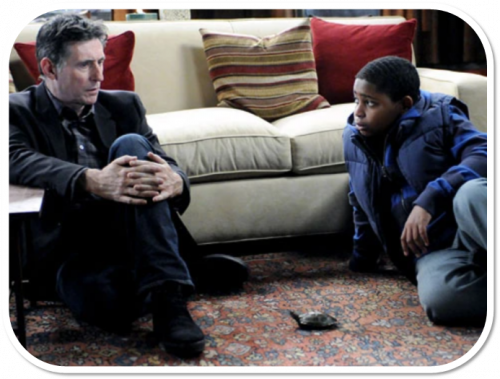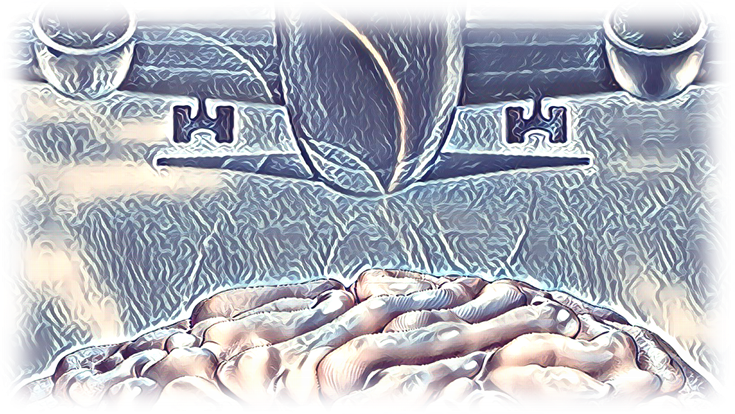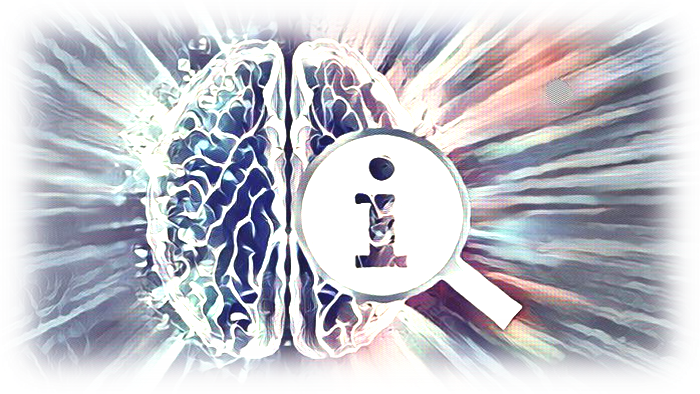The point of any “therapeutic approach,” of course, is to improve patients’ lives. To that end, you may be seeking therapy to treat psychological diagnoses and to reduce symptoms such as depression and anxiety.
Even so, lasting, profound relief comes from looking beyond symptoms and past diagnoses to underlying, oft-undetected patterns of thinking, feeling, and behaving. You can’t, after all, be reduced to a diagnosis. You are more than the sum of your symptoms.
This kind of individualized therapeutic approach contrasts with manualized therapy and its insurance-driven focus on diagnosis-directed treatment plans, quantified symptoms, stipulated goals, and “expected outcomes.” The freedom to chart a course forward unique to you is one of the advantages of private pay.

Beyond Symptoms & Diagnosis
Untethered to manualized therapy, my individualized approach centers on several principles: Symptoms and diagnostic criteria often emerge from patterns laid down very early in our lives. Often, those patterns operate outside of awareness, playing out in ways that confound conscious thought. Real, lasting psychological change comes from looking past diagnoses and symptoms and to underlying patterns, bringing those patterns into awareness, and using the therapeutic process to set into motion new, healthier patterns.
My Approach, Your Experience
The important thing about a “therapeutic approach,” of course, is how you experience it.
My hope is that you leave each session feeling understood. In this atmosphere of acceptance and non-judgement, you tell your story — maybe about the day you had, maybe about an indelible event from childhood. We’ll pay attention to significant relationships in the present and from the past. When emotions seem either too big to manage or mysteriously absent—or when certain things seem too hard to talk about—we’ll explore why. As you and I interact, old and unhelpful patterns reveal themselves. New, healthier patterns develop.
Unraveling the Mystery
Beyond relieving symptoms and addressing diagnoses, this therapeutic approach can be especially helpful for concerns not easily summed up by symptoms or encapsulated in “diagnostic criteria.”
Perhaps you find yourself continually staying up late when you know you’ll suffer in the morning, buying things you know you don’t need, feeling drawn to romantic partners you know are trouble, or repeating some other counter-productive cycle. Perhaps you seek a sense of purpose. Perhaps you long to make deeper connections. Perhaps you experience a pervasive emptiness, a pervading disquiet, an unshakable sense of shame or low self worth, or perhaps some phantom feeling you can neither name nor describe.
Maybe you just want things to make sense.
Achieving Success
My therapeutic approach aims for more than merely reducing symptoms, however they might be quantified. You experience success—not as percentage points or on a scale of 1-to-10—but as a growing awareness of what drives you. Using our therapeutic relationship to cast new, healthier patterns, you feel more in control, you grow closer to and feel better about your true self, you are less ruled by your feelings as you experience them more helpfully, and your life feels more meaningful.
Individualized Treatment
Just as unique life experience got you here, it is a unique path that will take you forward. This requires an individualized process, unbound by a regimented manual.
Manualized therapy can be effective for some people, in some cases, and in some treatment settings. Even so, individualized treatment may prove less effective with patients who are not easily categorized — or whose concerns might be ill-addressed by delineated steps, standardized worksheets, boiler-plated treatment plans, and quantified symptoms and goals.
“The Work” Pays Off
It has become a cliché, but there is a reason therapy has been called “the work.” Sometimes, it’s not fun.
There’s a familiarity to our beliefs, feelings, and patterns of behavior. Letting them go—even when they’re making trouble—can unsettle. Coming to a deeper, more honest understanding of oneself can feel like discarding the one thing that, however shakily, is holding us together. Retelling the events behind long-established patterns can feel like opening old wounds. Untangling the feelings hidden within such patterns can be unpleasant. Heightening your awareness of underlying motives and beliefs does not come easily.
But, like setting a broken bone, the oft-acute pain of therapy can ease the degenerative, incessant, chronic pain that plagues you. The more honest you are with yourself, the closer you grow to your true self and the more fulfilling your life.
Grounded in Theory
The absence of a rigid manual does not preclude proven psychological theory and methods.
I approach psychotherapy from a psychodynamic perspective, drawing on the broad range of contemporary psychoanalytic theory. This encompasses attachment-theory, intersubjective theory, self-psychology, relational theory, and others. And, as part of your individualized treatment, I also may incorporate elements of experiential therapy, narrative therapy, strength-based therapy, and others.








